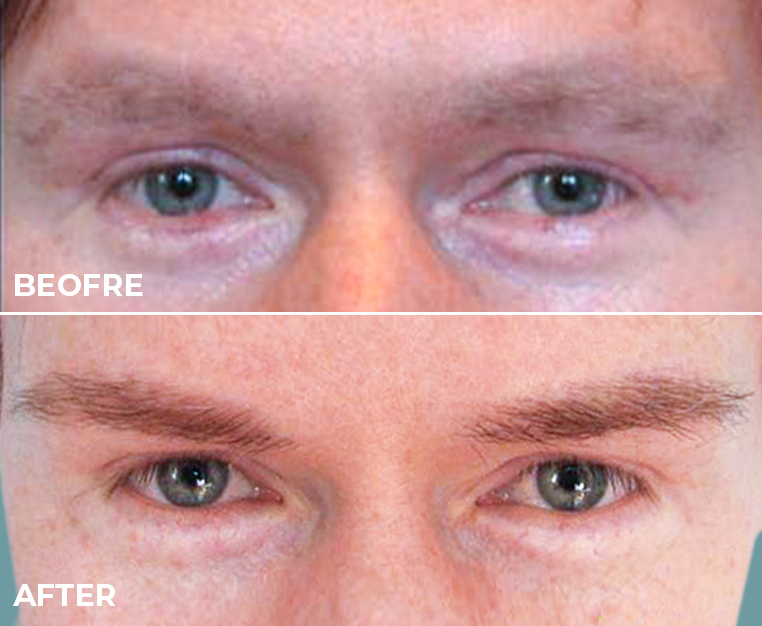Deciding to have a hair transplant is a big step to take. Some people wrestle with the decision for years before taking the plunge. Is the surgery painful? What will my hair look like afterwards? What will my friends and family think? These are just some of the concerns people have as they weigh up their options. Interestingly, the question that doesn’t pop up so often is the one that should perhaps be top of the list: am I a suitable candidate for a hair transplant?
It comes as a surprise to many to find that someone wanting a hair transplant might be knocked back on the grounds of unsuitability. Isn’t it something that anyone can have, after all? No, is the short answer to that question. Read on to get the longer, more illuminating response!
What’s Causing My Hair Loss?
Often, the answer to whether you are a suitable candidate for a hair transplant lies in the reasons behind your hair loss. If you’ve lost your hair because of an accident or a burn, then there’s a good chance you’ll be a suitable candidate for a transplant. Similarly, if your loss has occurred over four or five years because of male pattern baldness, you too might be the sort of individual who would benefit from hair transplant surgery, particularly if you have reached class 3 or higher on the Norwood Scale.
Measuring the progression of your hair loss is important, as it indicates whether your baldness has stabilised or whether it’s likely to continue to advance. If it hasn’t stabilised, there’s a real risk that hair shedding will continue after you’ve had surgery. Your newly transplanted hair might not fall, but you could lose the hair around it. If you insist on a hair transplant while you still have significant coverage on your scalp, there is also the issue of surgery trauma to consider. While a transplant process is minimally invasive, your scalp could still likely react to the surgery, causing your existing hair to fall.
Both the above scenarios would create an odd look and make future surgery inevitable.
Professional Advice
If your hair loss is proceeding very slowly, it could be that what you’re experiencing is a maturing hairline rather than one that is receding. This is sometimes the case with young men who have no family history of baldness. They may have nothing to worry about and no need for a hair transplant, although other forms of treatment might be appropriate. At the other end of the scale, delaying a hair transplant for too long could mean that matching the number of grafts required with the donor hair available could be problematic.
Deciding on the best time for a hair transplant isn’t a decision you should take on your own. Obviously, the opinions of family and friends are important in helping you make the decision. Professional advice is every bit as important, if not more so, in helping assess the suitability of the procedure for your needs. It is also crucial to getting the timing right so that the procedure fully meets your expectations and gives you the aesthetic look you want.
Other Treatment Options
Strange as it may sound, there has never been a better time to lose your hair. That’s because there has never been a bigger range of effective hair loss treatments and procedures available to tackle the problem. Hair transplants can now deliver thick, natural hair that will grow for a lifetime, but surgery should never be the first resort for those looking for a hair loss solution.
Medications such as Finasteride or Minoxidil can be used to slow down hair thinning and hair loss. Procedures such as Micro Scalp Pigmentation (MSP), Mesotherapy, Platelet-Rich Plasma (PRP) and Low-Level Laser Therapy (LLLT) are all effective at slowing down the rate of hair loss and stimulating new growth. Only when these options have been exhausted should you move on to consider surgical intervention.
Final Thoughts
There are plenty of issues to mull over if you’re thinking of having a hair transplant. The one that should be front and centre of your mind, however, is the one concerning your own suitability for the treatment. There might be reasons why it’s not for you. There might be a more appropriate treatment for your particular needs, for example. The best way of finding out is to speak to a hair expert. You should make that your number one priority.
Vinci Hair Clinic can help with that. We offer a free, no-obligation consultation to all our new clients. We’ll be able to tell you whether a hair transplant is the best option for you or if there’s a better way of tackling your hair loss problem. Get in touch today and book your appointment!


